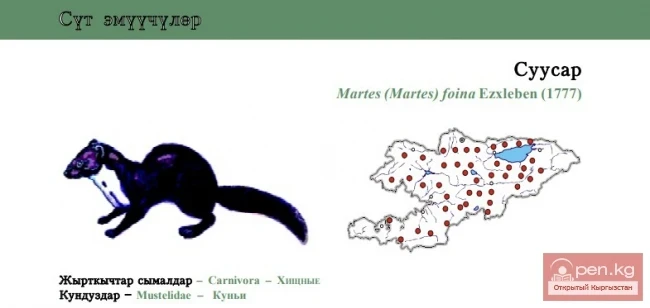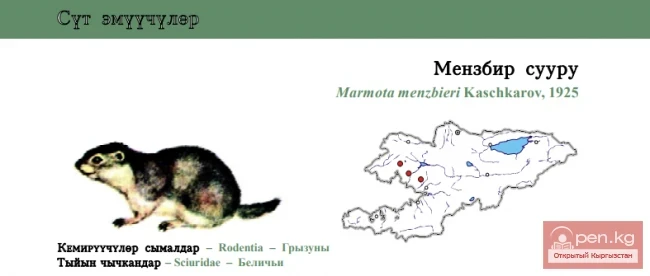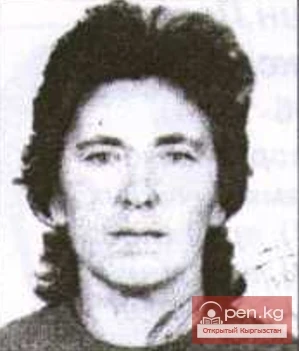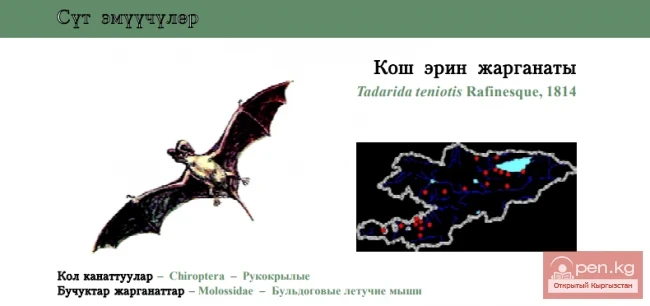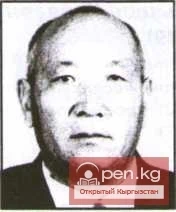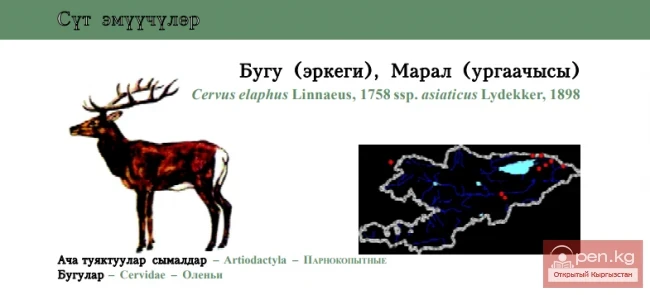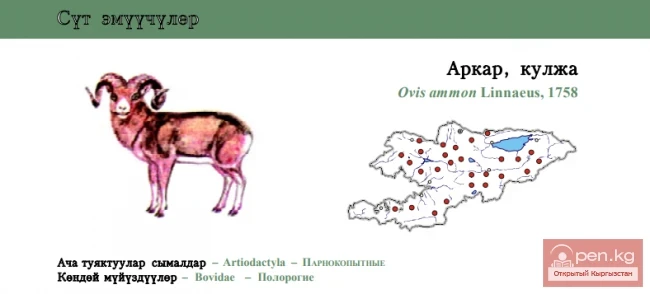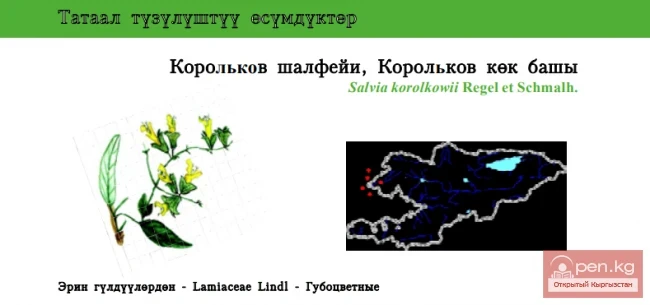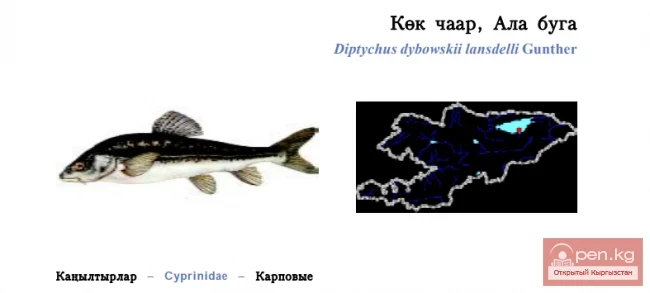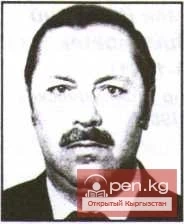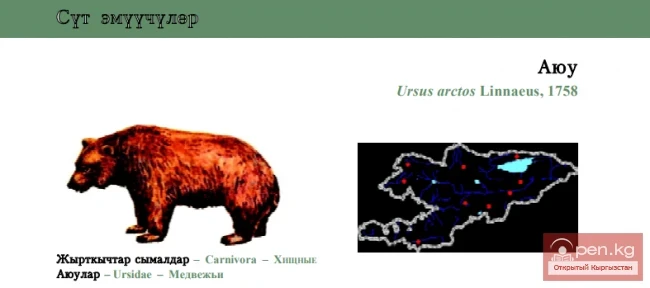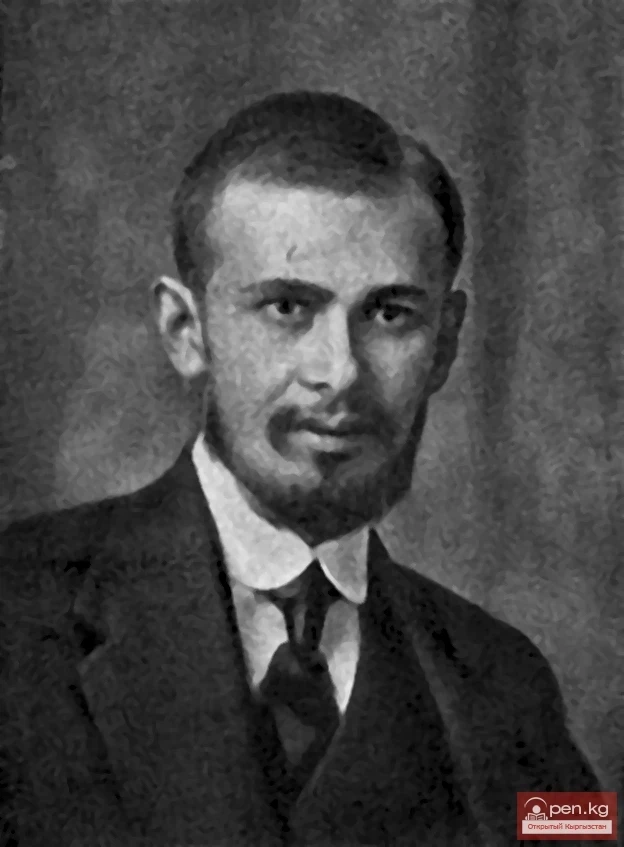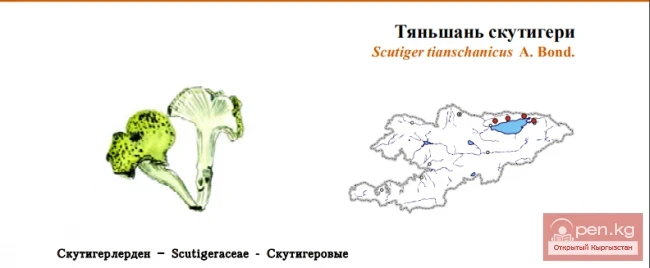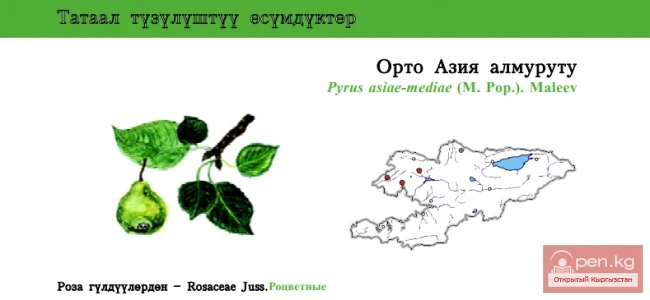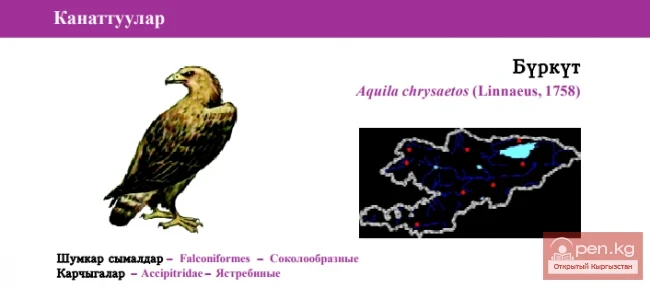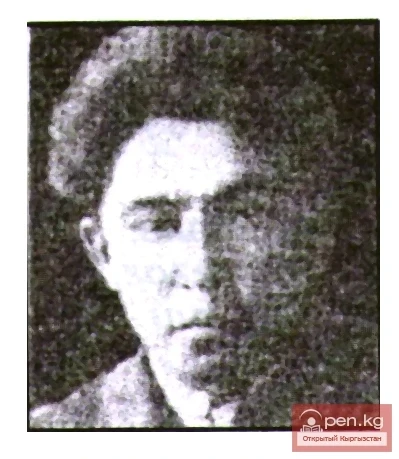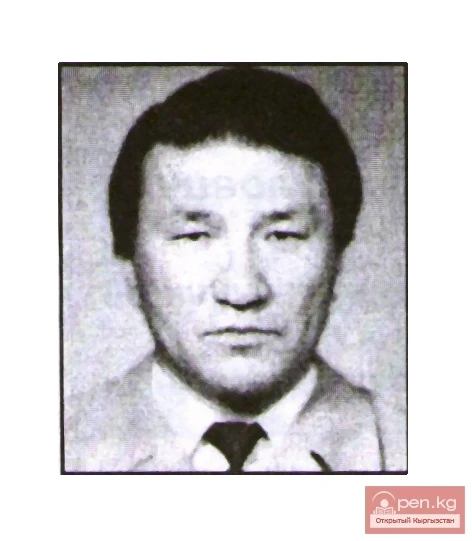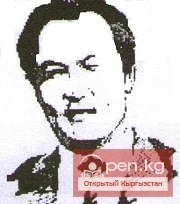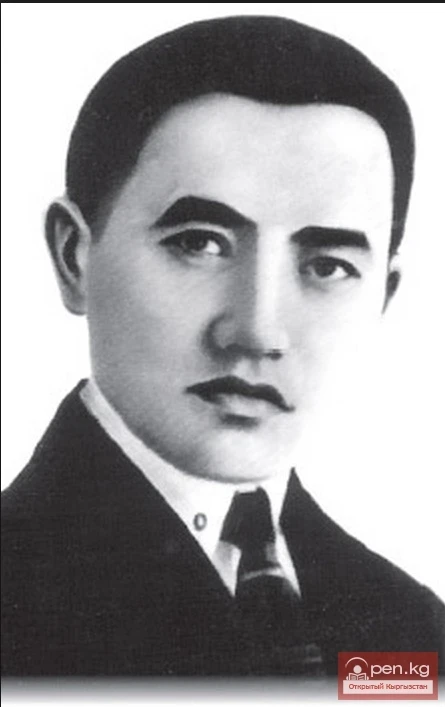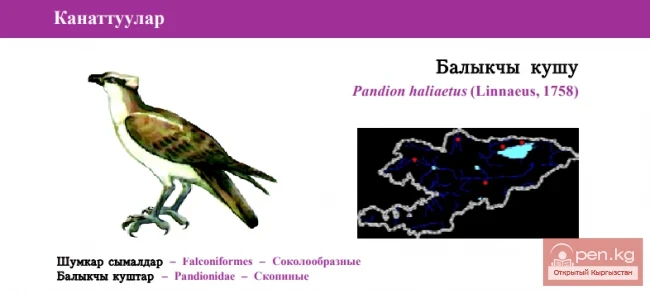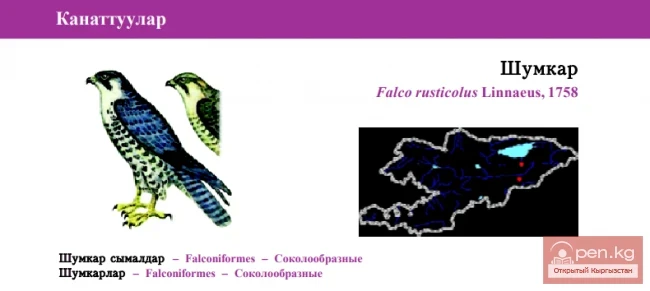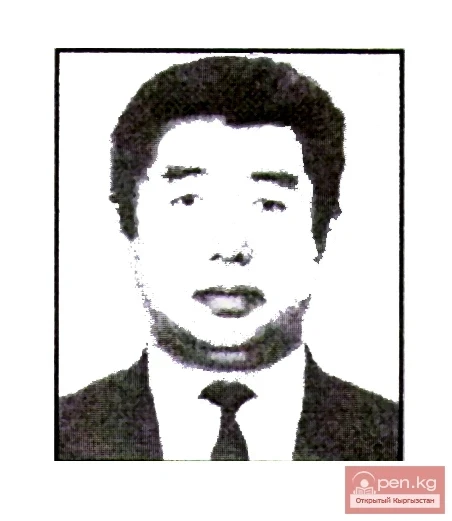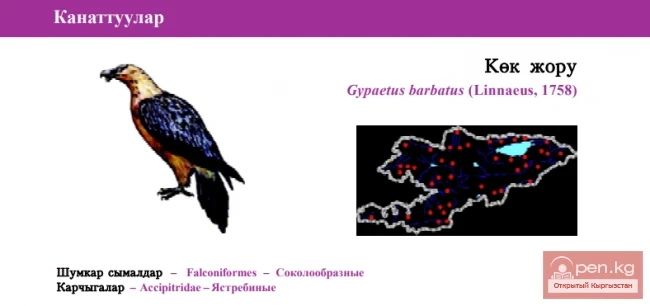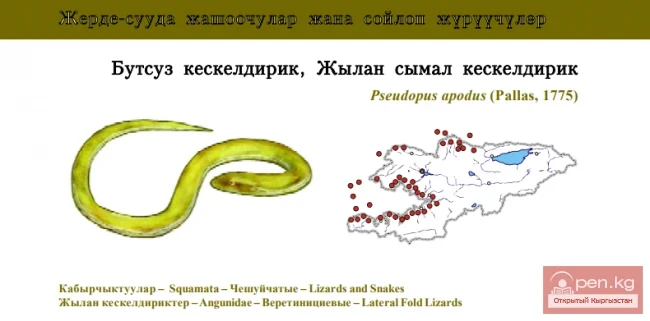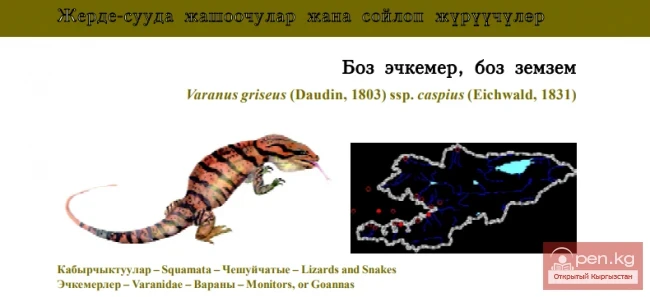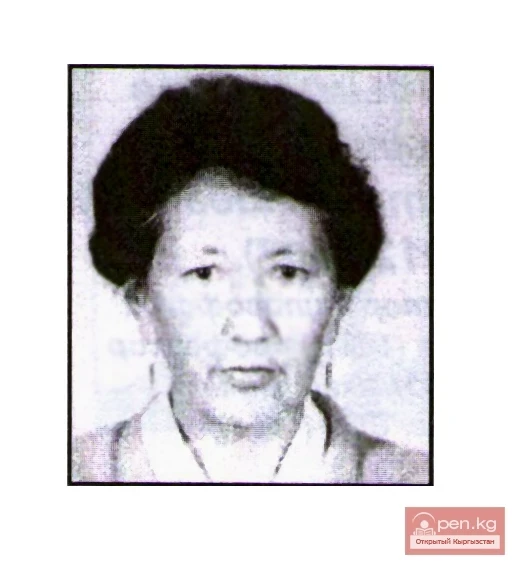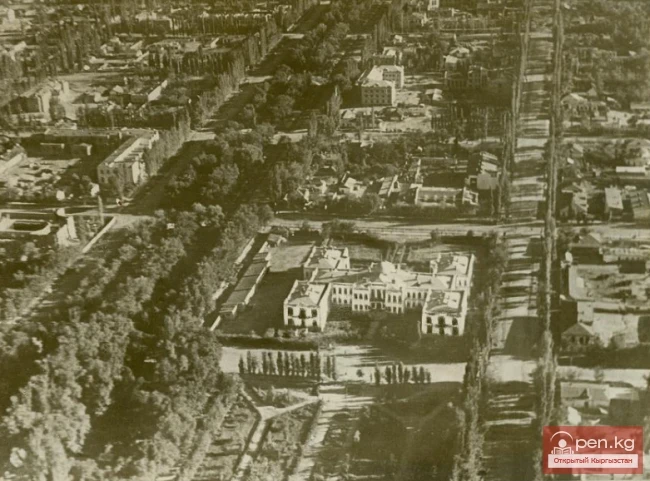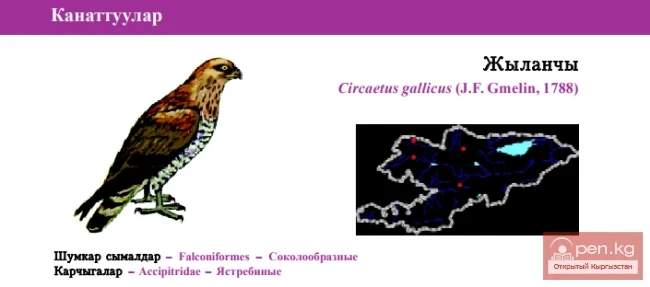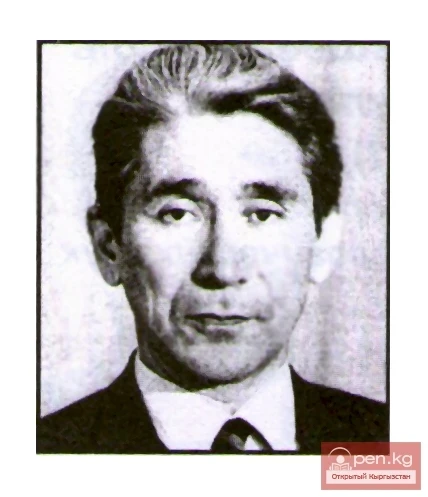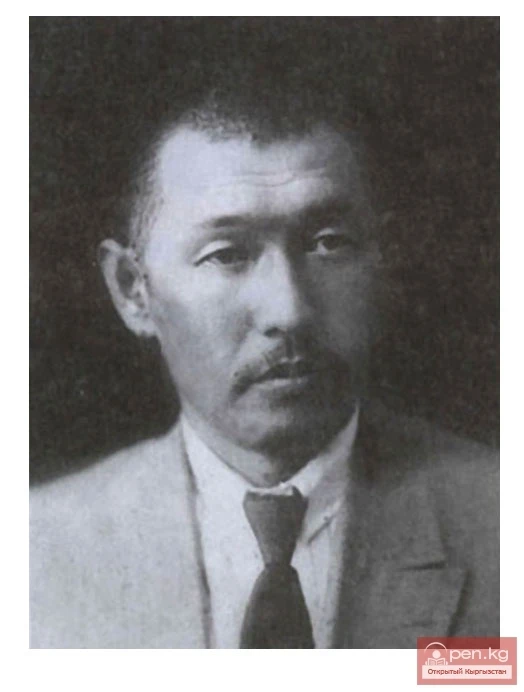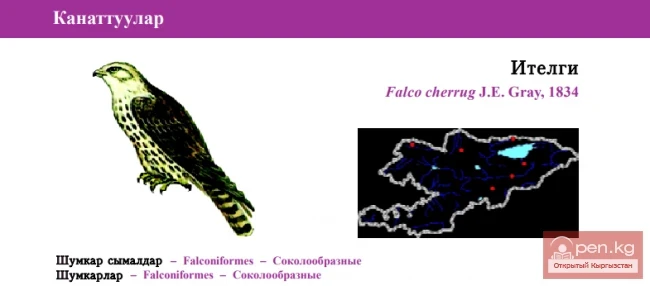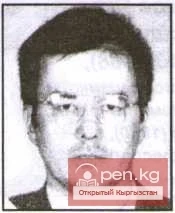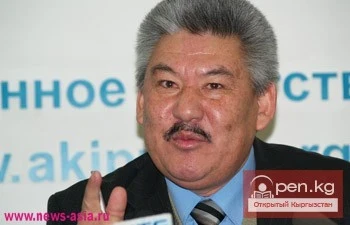
In August, a new wave of purges took place at the Institute: X. Karasaev, who was working on the Kyrgyz-Russian dictionary, was dismissed as an accomplice of the exposed counter-revolutionary nationalist Tynystanov, Yan-Shan-Sin was relieved from production work, and soon the Turkologist I. Batmanov was also removed from his position.
Y. D. Polivanov was taken to Tashkent. Here, on April 25, 1938, a traveling session of the Military Collegium of the Supreme Court of the USSR sentenced him to the highest measure of punishment. The scholar was executed at the age of 47. Six months later, on the eve of the Great October holiday, 37-year-old K. Tynystanov was shot in Frunze.
Only a quarter of a century later, by the decree of the Plenary Session of the Supreme Court of the USSR on April 3, 1963, the verdict of the traveling session of the Military Collegium of the Supreme Court of the USSR from April 25, 1938, was annulled, and the case was terminated due to the absence of a crime in his actions: "Professor Polivanov Yevgeny Dmitrievich is fully rehabilitated." A copy of the decree was received upon his request by Yusup Yan-Shan Sin, a student and junior colleague of Polivanov. A year and a half later, a Polivanov linguistic conference was organized in Samarkand, and its materials were published under the title "Current Issues in Linguistics and the Linguistic Heritage of E. D. Polivanov," selected works of the scholar were published, and brochures and articles revealing E. D. Polivanov's contribution to general linguistics were released. The conclusion of modern scholars was unequivocal — E. D. Polivanov is a world-renowned linguist who gained recognition for his work in Eastern linguistics, linguistic poetics, and the poetics of Eastern literatures, as well as in general linguistics.
Polivanov's ideas have retained their relevance to this day: the problem of language evolution, the influence of society on language, language contacts, and issues related to the study of the phonetic aspect of language. Unfortunately, Polivanov's works were forgotten for many years, which caused significant harm to the development of Soviet linguistics; some ideas were realized abroad and only then returned to us. Today, Polivanov's linguistic ideas hold a worthy place in Soviet linguistics. However, almost all of the scientific works created by the scholar in Kyrgyzstan remain unpublished (with the exception of the grammar of the Dungan language for primary schools, 1935-1936), and his stay in the republic has not been memorialized. Today, in Japan and China, the scholar is known better and more than in our own country.
To conclude this part, I would like to quote two statements from two outstanding individuals.
V. Kaveryn: "It took a person of immense will, immense honor, and immense faith in Soviet science to act as Polivanov did."
And the assessment by Viktor Shklovsky: "Polivanov was an ordinary genius. The most ordinary genius."
Arrest of K. Tynystanov and E. D. Polivanov


